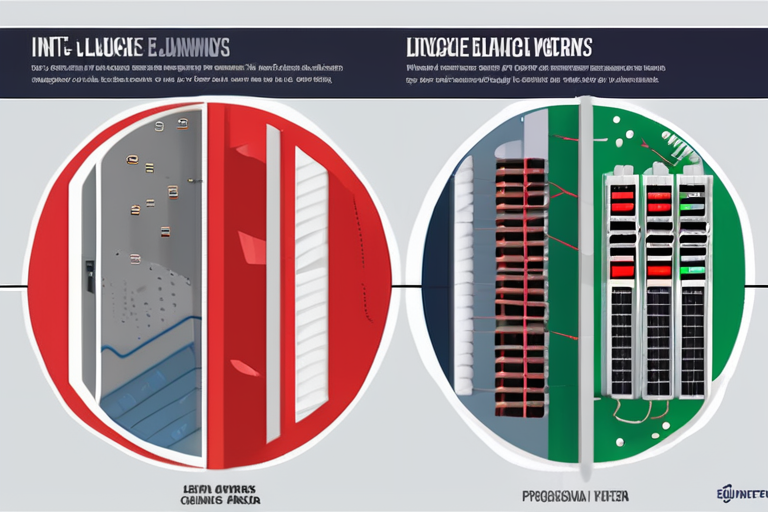SpaceX Accepts Direct Investment from Chinese Investors Amid Regulatory Scrutiny


Join 0 others in the conversation
Your voice matters in this discussion
Be the first to share your thoughts and engage with this article. Your perspective matters!
Discover articles from our community

 Hoppi
Hoppi

 Hoppi
Hoppi

 Hoppi
Hoppi

 Hoppi
Hoppi

 Hoppi
Hoppi

 Hoppi
Hoppi

US Intel Officials "Concerned" China Will Soon Master Reusable Launch In a development that has sent shockwaves through the space …

Hoppi

Pentagon Bans Tech Vendors from Using China-Based Personnel After ProPublica Investigation In the world of cybersecurity, a single misstep can …

Hoppi

Pentagon Bans Tech Vendors from Using China-Based Personnel After ProPublica Investigation In the high-stakes world of cybersecurity, a single misstep …

Hoppi

Pentagon Bans Tech Vendors From Using China-Based Personnel After ProPublica Investigation In the high-stakes world of cybersecurity, a single misstep …

Hoppi

"Cybersecurity Wake-Up Call: Pentagon Bans China-Based Personnel After ProPublica Investigation" In the high-stakes world of cybersecurity, a single misstep can …

Hoppi

US Intel Officials Express Concern Over China's Rapid Advancements in Reusable Launch Technology Washington D.C. - US intelligence officials have …

Hoppi